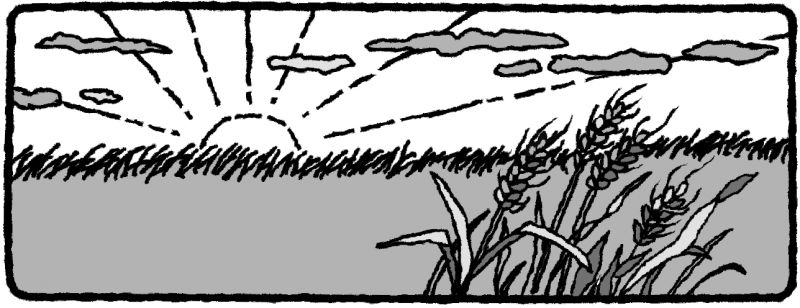Waldensians in Poland
Ryszard Jankowski couldn’t get the police to leave him alone. Every time he set up a stand to sell Ellen White’s The Great Controversy and other books in a Baltic resort town in Poland, the police showed up and demanded that he remove the stand and the books.
Then the Polish Seventh-day Adventist publishing house released a special issue of the Signs of the Times magazine, and church leaders sent copies to members of the Polish government. One government minister liked the issue so much that he wrote a letter asking towns across Poland to support its distribution. Ryszard took the letter and a copy of the magazine to the mayor of the resort town where he had trouble with the police.
The mayor was impressed. He knew the government minister.
“He was my university professor,” he said. “Of course, you can freely distribute this magazine here.”
“Can I get your permission in writing?” Ryszard asked.
The mayor wrote a letter and gave it to Ryszard.
Ryszard took the letter and again set up his book stand on the street. He placed the Signs of the Times magazine on the stand together with The Great Controversy and other books. Before long, the police appeared.
“You can’t sell your books in our city,” a police officer said.
“Look, I have a letter from the mayor,” Ryszard said.
The police officers read the letter carefully. Then they saluted.
“OK, you can stay,” one said.
But that wasn’t the end of the story. Shortly afterward, a grandmother stopped by the book stand. Someone had given her The Great Controversy some time earlier, and she had read it to her grandson. He had liked it very much, especially the portrayal of Waldensian young people clandestinely sharing the Word of God at the risk of their lives in the Middle Ages. The grandmother told Ryszard that her grandson wanted to be like the Waldensians. Her grandson understood that he needed to be like them—faithful to the Word of God at all costs.
“He saw your stand and your book The Great Controversy,” she said. “He said to me, ‘Grandma, the Waldensians are in our town.’ ”
So, the grandmother sought out Ryszard to tell him about her grandson. She later joined the Seventh-day Adventist Church.
Thank you for your Thirteenth Sabbath Offering in 2017 that helped build a television studio for Hope Channel Poland. Ryszard Jankowski is the president of the Seventh-day Adventist Church in Poland and a regular speaker on Hope Channel Poland, the local affiliate of Hope Channel International.
Join the global church in the mass promotion and distribution of The Great Controversy in 2023 and 2024. Visit greatcontroversyproject.org for details or ask your pastor.

